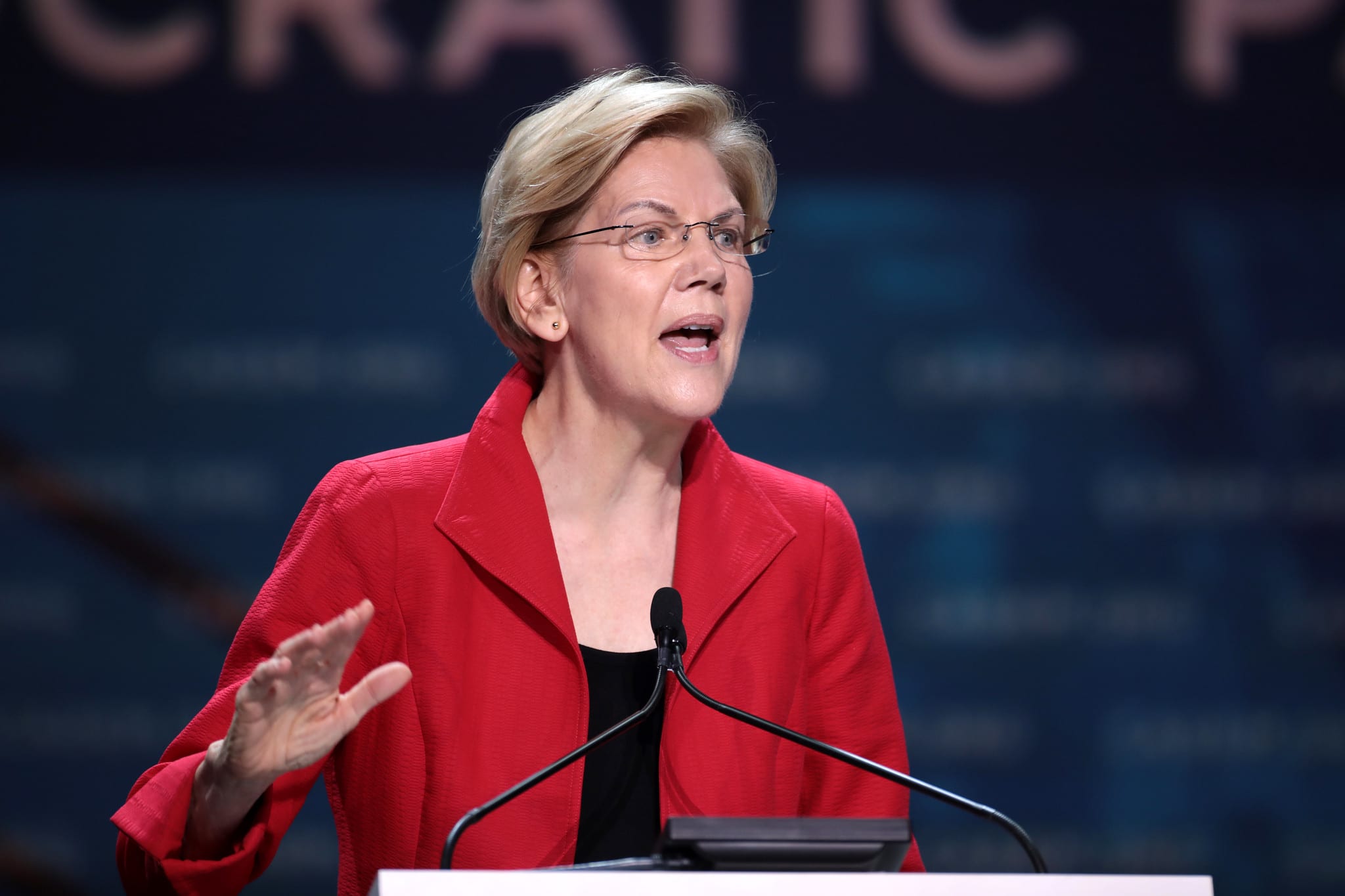Some debt collection companies have continued filing lawsuits against debtors through April and May.
Two U.S. senators have demanded that debt collectors “immediately” stop garnishing wages.
According to ProPublica, Sens. Elizabeth Warren (D-MA) and Sherrod Brown (D-OH) wrote and sent a series of letters to debt collectors. The senators’ move followed ProPublica’s publication of a story that details how some companies, like Capital One, have continued garnishing wages even as the U.S. economy has buckled under the weight of the coronavirus pandemic.
ProPublica notes that courts across the country have, quite broadly, forbidden debt collectors from initiating new garnishment hearings. However, companies are still allowed to collect on judgments issued before the pandemic began.
The effects have continued garnishment amidst economic turmoil has hit low-earning workers the hardest.
“Filing collection lawsuits and garnishing the wages of consumers already struggling to pay for basic necessities will only exacerbate the economic and public health crisis,” Sens. Warren and Brown wrote.
As LegalReader wrote earlier this month, consumer advocates have long warned that coronavirus could exacerbate low-income earners’ vulnerabilities, especially as they pertain to outstanding debt. Christopher Hines, legislative director of the National Association of Consumer Advocates, told The Los Angeles Times that “debt collection will only intensify in the coming months.”
That is in spite of mass economic uncertainty, coupled with a patchwork, state-by-state response to coronavirus that should yield little optimism.

Companies like Capital One, says ProPublica, have made limited efforts to ensure they do not victimize cash-strapped consumers. Capital One, for instance, stopped filing new lawsuits and garnishment requests in mid-March.
But other collectors, like Encore Capital Group and Portfolio Recovery Associates, have continued weaponizing the courts against debtors. Both companies continued to file lawsuits into April and May, when large parts of the country were under shelter-in-place and stay-at-home orders.
In their letter, Sens. Warren and Sherrod asked debt collectors to list and detail the number of lawsuits and garnishment requests they have filed in the past year.
ProPublica notes that the senators’ requests hints at something of a subtle problem. Despite attracting the attention of the Senate, debt collectors work primarily in state and local courts. It is therefore difficult to gauge the extent to which companies are pursuing consumers across the country.
Capital One told Warren and Brown that the company has tried to provide hard-hit customers with more repayment options and flexible terms.
“Since the pandemic first began, we have been committed to working with all of our customers who are experiencing financial hardship as a result of COVID-10,” a Capital One spokesperson said. “In addition to deferring payments, offering tailored payment plans and waiving fees, we have stopped the filing of all new bank garnishments and lawsuits and have taken action to prevent the garnishment of any stimulus funds. We recognize that these are exceptional times and our policy is to work with any customer who needs help and is impacted by COVID-19.”
Encore, adds ProPublica, suggested that consumers who request relief may be given relief—if only in limited circumstances, and at a consumer’s individual request.
“In keeping with the long-standing hardship policy in our Consumer Bill of Rights, we suspend collections when a consumer tells us they’ve been directly impacted by COVID-19, and we stopped bank garnishments for all consumers in mid-March,” said Sheryl Wright, an executive from Encore subsidiary Midland Credit Management. “For any bank garnishment that was initiated prior to the stoppage, if the consumer informs us that we inadvertently levied exempt funds, including CARES Act relief payments, we immediately initiate a refund.”
Sources
Can Debt Collectors Grab Your Stimulus Check?
Capital One and Other Debt Collectors Are Still Coming for Millions of Americans
Stop Seizing Paychecks, Senators Write to Capital One and Other Debt Collectors


Join the conversation!